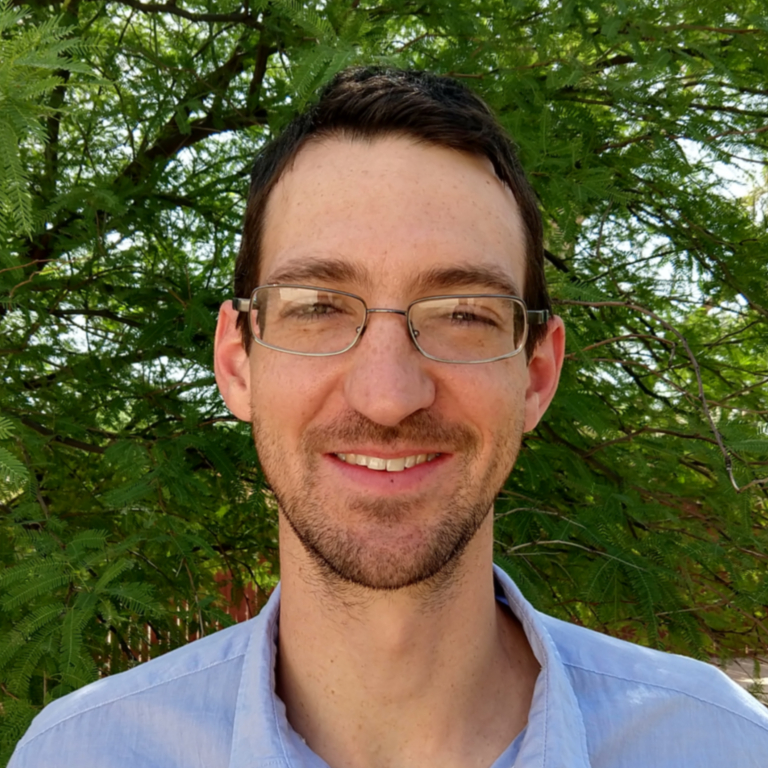Upon establishing the Environmental Resilience Institute (ERI) at Indiana University, the leaders and visionaries reported four main goals. The first goal stated that the supported research would create “accurate predictions about coming changes in weather patterns, water, plants and animals, and disease risk.” This goal focused on directly predicting what Hoosiers would have to face, such as economically-costly extreme weather conditions or an increase in tick-borne diseases. Equally important, the ERI wanted to create predictions about biodiversity, an indicator of the health of an ecosystem that provides countless services to society.
Enter Dr. Jason Bertram, a theoretical biologist.
A theoretical biologist is a scientist who uses mathematical models or applied equations to answer modern ecology and evolution questions. Bertram started his career with a focus in math and physics; but, after deciding he was more interested in biology and its application to environmental change, he used his expertise in modeling to focus on problems in ecology and evolution. It might seem impossible that math could answer any questions related to preserving something as large as biodiversity. But to preserve biodiversity, we need to better understand what determines the survival of a species and the role that interactions between populations of different species play in the ecosystem. Mathematical theory has been applied to evolution questions (e.g., the effects of mutations on fitness, predator-prey co-evolution) for decades, so quantitative models can be used to make predictions about how populations will respond to changes in their environment.



